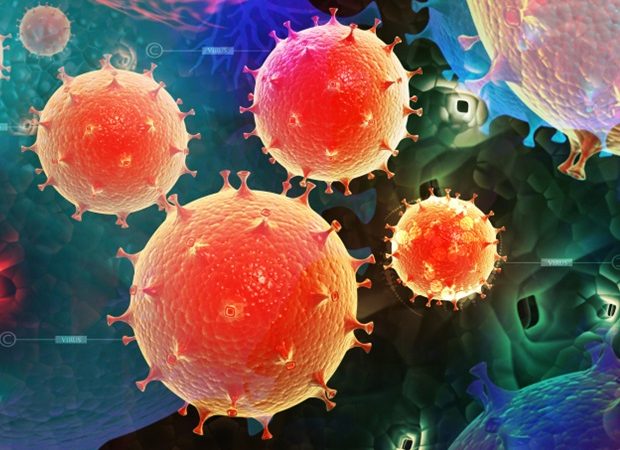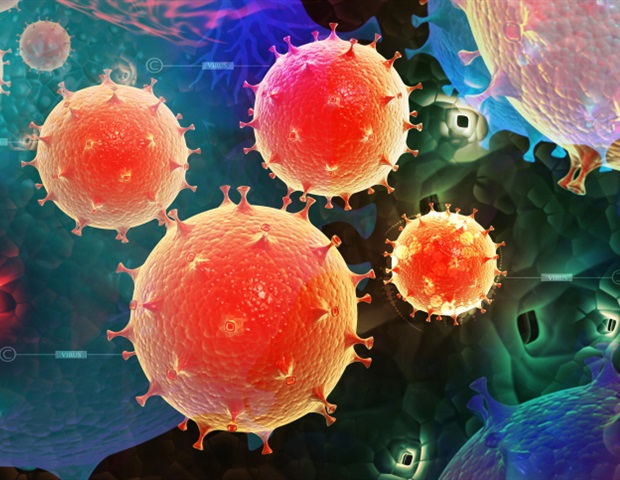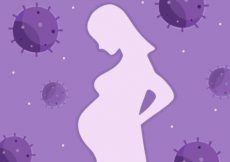MUSC Hollings Cancer Center researcher Sophie Paczesny, M.D., Ph.D., recently received a four-year grant from the National Heart, Lung, and Blood Institute to investigate solutions to help doctors to fight complications after pediatric bone marrow transplantation (BMT). The $625,635 grant will allow Paczesny and her team to explore biomarkers and a new type of immune cell that may help to identify and regulate acute lung injury after BMT.
Paczesny said this research responds to the urgent need for research on pulmonary complications of BMT in the pediatric population. “My goal is to improve our understanding of the signaling mechanisms in lung injury after BMT, particularly as they relate to idiopathic pneumonia syndrome,” said Paczesny, a researcher and co-program leader of Cancer Immunology at Hollings. She also is chair of the Department of Microbiology and Immunology at the Medical University of South Carolina.
BMT remains the only curative therapy for many pediatric patients with cancers that affect the blood, bone marrow or lymph nodes, such as leukemia or lymphoma, as well as other bone marrow failure syndromes and immune deficiencies. Despite progress in research and treatments, graft-versus-host disease (GVHD) and pulmonary infections remain huge obstacles to larger success with pediatric BMT.
The lung is a target of alloreactivity, meaning that it is an organ where damaging inflammation often occurs after BMT. This can lead to the often-fatal, noninfectious acute lung injury called idiopathic pneumonia syndrome (IPS). Almost half of the pneumonias that occur after BMT are not caused by a bacterial or viral infection and are defined as IPS when they occur within the first 120 days of transplantation.
Unfortunately, preventive and therapeutic approaches for IPS have been limited to nonspecific targeting of the effector immune cells – the cells that cause the organ damage. This approach is not ideal, and fewer than half of the patients have a lasting response.
A blood test, particularly if used early post-BMT, could serve as a rapid and accurate alternative for more invasive procedures. This would represent a significant advance in IPS prognosis, diagnosis and clinical monitoring of treatment regimens.”
Sophie Paczesny, M.D., Ph.D., MUSC Hollings Cancer Center researcher
The awarded grant builds upon Paczesny and her colleagues’ past successes. They have made good progress in characterizing the plasma proteome of patients who suffer from immune reactions after BMT. The plasma proteome is the complete set of proteins present in the noncellular portion of the blood. Knowing which plasma proteins are present just prior to and during immune complications after BMT will allow researchers to detect targets for new therapeutics.
Paczesny will address the clinical challenges through three approaches:
- Testing biomarkers and potential therapeutic targets against IPS.
- Exploring how the ST2 pathway works in both donor and patient immune cells.
- Characterizing a new innate lymphoid cell population.
Discoveries in each of the three approaches will provide valuable information to help researchers in the BMT field to improve patient outcomes.
In 2018, Paczesny discovered that the presence of a molecule called STimulation 2 (ST2) in the plasma of pediatric patients after BMT was a biomarker for risk of IPS. This grant builds on that foundation by exploring a more comprehensive panel of potential biomarkers. Further, using mouse models of IPS, Paczesny and colleagues will explore the biology behind a newly identified population of cells that may be protective.
A type of immune cell called ILC2, or innate lymphoid cells 2, likely plays an important role in balancing inflammation in the lungs. “Based on our past data, we think that the ST2 protein regulates a subtype of ILC2 cells. These special ILC2 cells help support regulatory T-cells. Regulatory T-cells are critical in reducing IPS-associated damage in the lungs. Using this grant, we will be testing this hypothesis and also exploring if we can boost this unique ILC2 cell population to reduce IPS,” said Paczesny.
Understanding the complex biological connections that lead to disease helps researchers to find treatments that address challenging clinical problems. Michell Hudspeth, M.D., Hollings researcher and director of the MUSC Division of Pediatric Hematology/Oncology , said this work is important in affecting outcomes for her patients.
“Dr. Paczesny’s work in defining how these pathways contribute to lung injury has the potential to make great impact on the standard of care for pediatric BMT patients. If we can better diagnosis transplant-related complications and identify therapeutic targets, we can improve overall survival rates for our patients.”
Source:



































